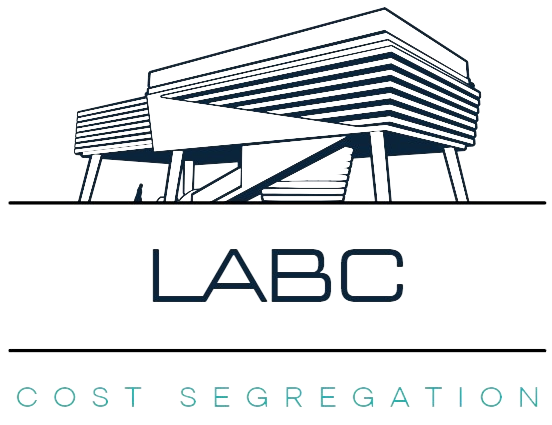FAQs & Facts
What can we help you with?

TOPICS
Cost Seg Basics
Cost Segregation is the IRS approved process of accelerating depreciation on a Real Estate asset by separating non-structural personal assets (five year depreciable life) and land improvements (15 year depreciable life) from real property assets (27.5 or 39 year depreciable life).
Virtually every type of property used for business or investment qualifies for a Cost Segregation study.
That will depend on the amounts of assets that can be moved into shorter life schedules, as well as your personal tax rate.
Technically yes....... if you are an accountant and engineer and trained in the specific expertise of performing cost seg studies. In our experience, however, we have seen that the IRS prefers third party independent studies. This will lessen the chance of an IRS Challenge, and in case of an IRS inquiry we fully stand behind our studies.
Cost Seg Pricing and Timing
While every property is priced individually and every property type has its own norm, the typical cost seg study will cost in the $2000 - $3500 range for Residential Property & $4000 - $6000 range for Commercial Property. Fees for a cost segregation study are fixed, and directly based on the size and complexity of the property being assessed. The more complex the property, the longer it will take to allocate all of its components into the proper depreciable periods, and to ultimately produce the actual study.The flip side to the higher cost of a larger and/or more complex property is that the direct result is a higher percentage of faster depreciable assets, increasing your tax savings and your immediate cash flow.
The IRS specifically discourages contingency pricing which gives the cost segregation company a reason to unjustifiably push the limits on acceptable reallocation of assets in order to drive up the findings, and ultimately their fees.
LABC Cost Segregation does an up-front, no-cost feasibility analysis before any actual study is performed. Using our experience over thousands of studies of every property type, we give an estimate of the savings that can be expected through the full study. If we do not feel there is enough value in our service, we will tell you so before you spend a nickel.
The time it takes to get a cost segregation study performed usually depends on the complexity of the property, as well as how quickly we get the information from you and/or your accountant. Our 20 engineers are strategically located around the country and are always just “around the corner” from you and your property. This allows us to work with your necessary timelinesto ensure that you get all study documentation back before you need it.
The actual age of a property is irrelevant to whether you can receive a gain by performing a cost segregation study on it. What is relevant is how long ago you purchased the property. It is typically worthwhile to get a cost seg study done up to five years after purchasing it, although several factors can cause that number to increase or decrease. We would be happy to discuss your specific situation to help you make an informed decision, and run a no-cost feasibility analysis to show the actual savings that cost seg study would provide.
Accountants and Cost Seg
Most probably not. While your CPA is highly qualified in his line of work, cost segregation is a niche practice that requires qualified engineers, and very specific expertise in the application of their findings, to produce the quality study that will get the best possible results and be able to pass the scrutiny of the IRS. Most accountants either outsource the work, or, more often, will refer the client to a company that specializes in cost segregation, like LABC Cost Segregation.
LABC Cost Segregation has worked with thousands of CPAs over the years. We value the input of the CPA and understand that, ultimately, a client’s accountant has the most comprehensive understanding of his tax situation. That’s why we work hand-in-hand with your accountant to make sure we are on the same page, and sends a draft of the completed study to you and your accountant to review before we finalize and prepare for insertion into your tax return.
